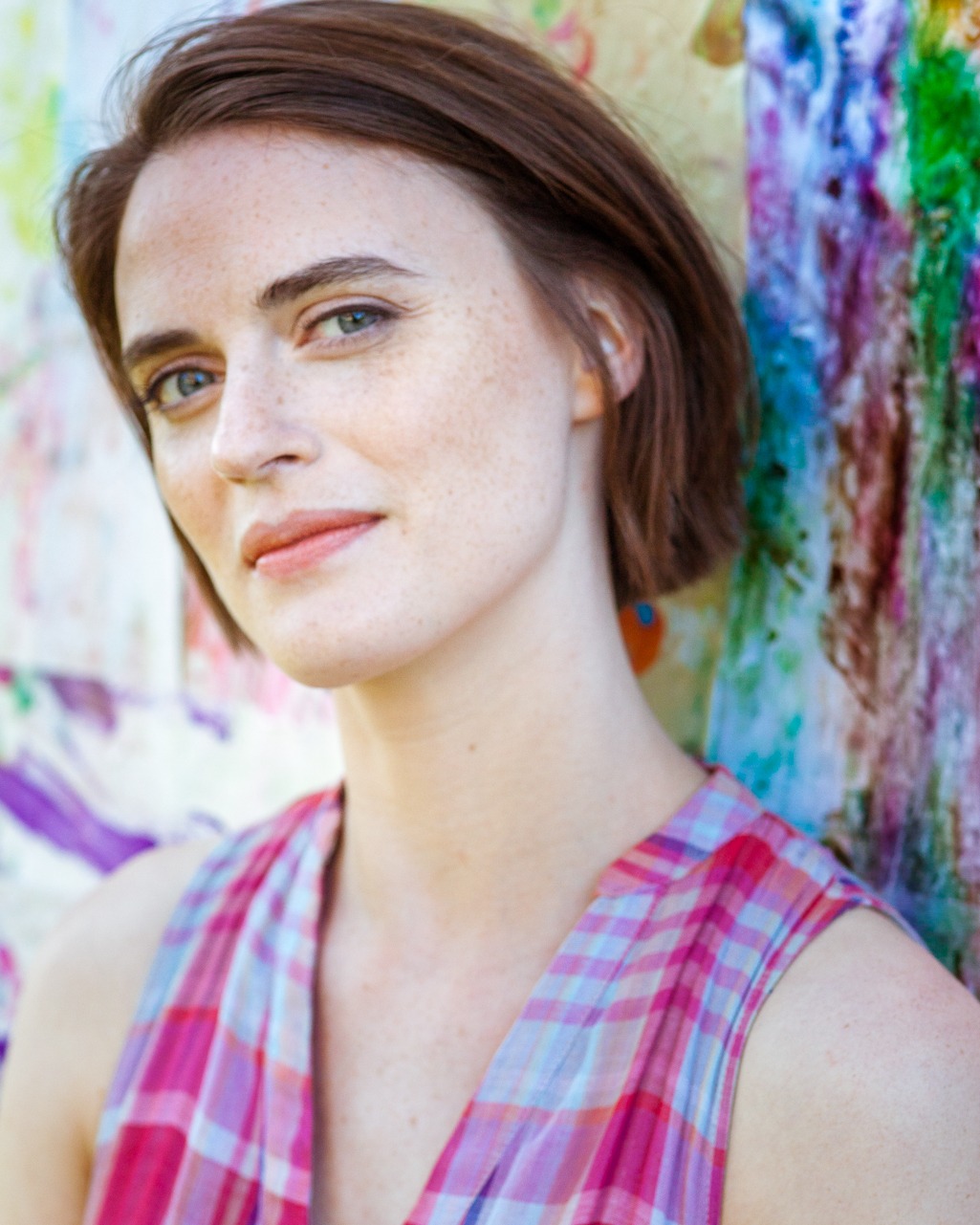Taking Back Mental Health In The Arts
- Susanna Stahlmann

- Apr 16, 2021
- 4 min read

It’s time to take back mental health in the arts. They have always been connected. For a long time the theater industry has held on to the picture of the “starving artist,” one willing to sacrifice it all—basic needs, emotional health, and financial wellness—for the life of their career. I see however, a shift happening, both in myself and in the community at large. A major part of this change has been caused by the pandemic. I feel that many artists were forced to take a step back from the business side of art and acknowledge its many existing flaws. A prime example being the narrative that you have to sacrifice your wellbeing in order to create your art. Self-care is often thrown out the window. As a teaching artist, I feel a passion towards mending this narrative by proving to students that mental health and a productive creative mind go hand in hand. The Teaching Artist Program (TAP) has been a key element in providing me with resources I need to achieve this goal. Being a part of the TAP cohort, I feel surrounded by like minds, empaths and teachers wanting to use their art for good—to promote healing the mind, body, and spirit.
A couple of weeks ago I participated in a TAP cohort workshop on wellness organized by Natalie Correa and the team at National Dance Institute, led by the awesome Kelly Buwalda. Through this workshop something clicked. It started with a simple breath exercise. While listening to her voice count to 5 and then 7 as we held our puffed chests I thought to myself, “Oh, yes I have done this in therapy many times.” My therapist is very much based in mindfulness practices, and body/breath awareness has been key to my mental health recovery. Because the context of this workshop was a part of my Teaching Artist training it made me wonder how I could better implement this work into my classes. By no means am I suggesting to act as a therapist to my students, but instead to promote exercises that lend themselves to body/mind awareness with the specific goal to promote self-care in order to nurture art-making.
I wish I had more of this insight through my own training as an actor. In college I was very active. My program consisted of intense training that would span 6 days a week, sometimes 11 hours a day. Though I had gathered many techniques and was going through the motions, I realize now I actually felt quite broken. Because of the demand of my schedule I had not paid attention to my mental health. It remained on the back burner until I moved to New York, and hit rock bottom. After years of intensive therapy I find myself more balanced, less anxious, and a better artist. My acting is easier, and I feel moved to create out of passion and not fear. If I had been more tuned in to the importance of mental health and how it could uplift my art perhaps I would have felt more empowered to give myself time to heal. With the curricula I build, I want to always encourage the understanding that you don’t have to be “broken” to be a deep artist. Being vulnerable and open is difficult enough.
One point that Kelly made towards the beginning of the workshop as we did a little self-message was that we need to take care of ourselves as much as we take care of others. This was a great reminder for myself to continue to practice what I preach. TAP has pointed out through various workshops that students are watching our behaviors as much as they are soaking in our lesson plan. Kelly led an awesome exercise called “The Circle of Life” that allows an individual to check in with where they are at in terms of leading a balanced life. She posted a wheel, depicting slices of life we must try to balance. A dot for each spoke. Placing a dot towards the outside of the circle means you feel in tune to that part of your life. Once your dots are completed you connect them. Seeing a visual of where you need to focus on and nourish. As a visual learner, this was extremely helpful! A reminder that even when I feel I’m doing well there might be places in my life I am neglecting. Taking the time to rearrange priorities for the better allows me to be more present as a teacher.

I strongly believe that the educational process can have a great effect on a child's mental health. Part of the solution is to implement elements of wellness into my teaching—demonstrated so well by Kelly Buwalda—and another is to make sure to build an inclusive and anti-racist curriculum. Making sure there is always awareness around uplifting the minds and spirits of the students. I am so grateful to the TAP community that has allowed me the opportunity to learn more about my process as a teacher and provide me with the resources to deepen my role as a teaching artist.











Comments